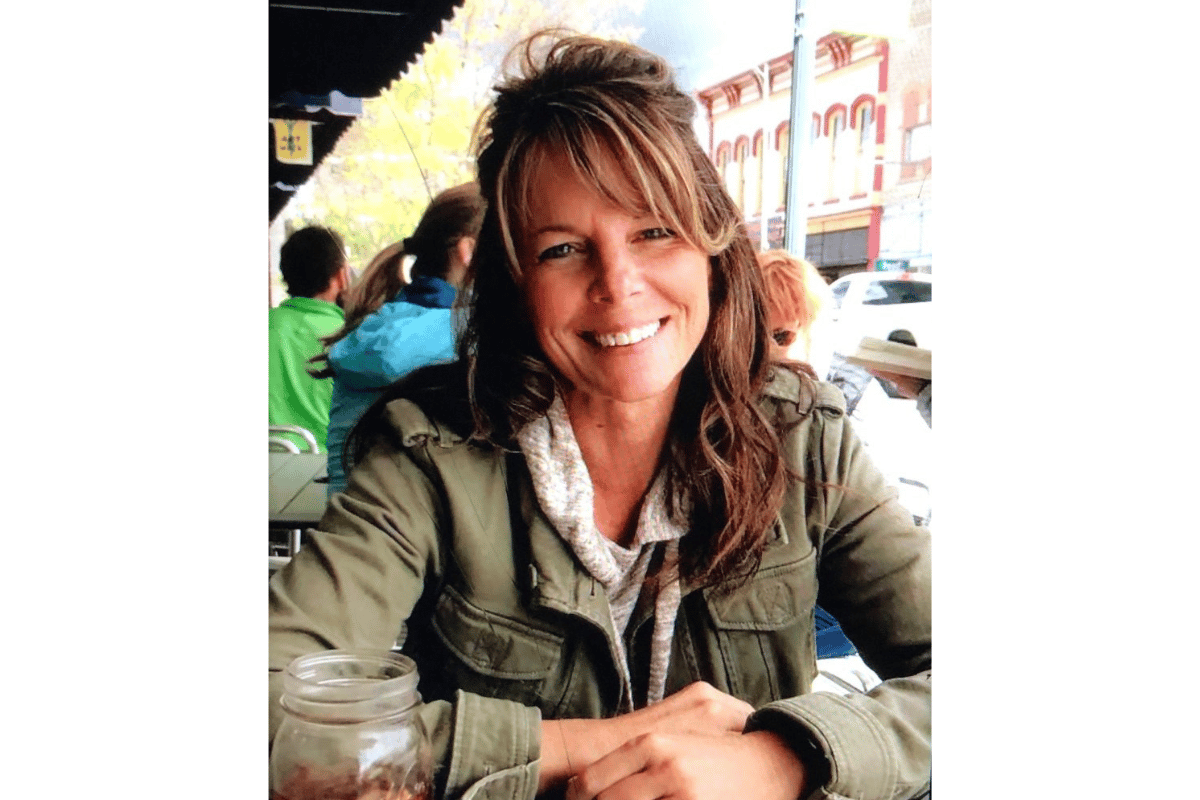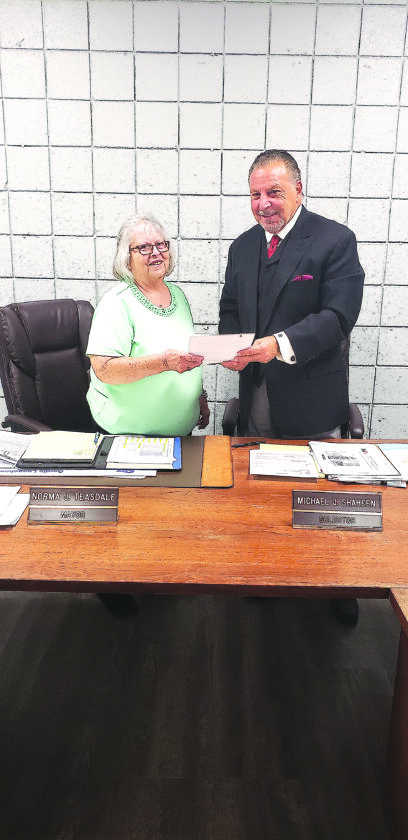
by Jorge Gomez • 4 minutes
Corporate America appears to be moving away from Diversity, Equity and Inclusion (DEI) policies, which could be good news for religious employees in the workplace.
Forbes recently reported that use of the acronym DEI in Fortune 100 company reports showed “the steepest decline between 2024 and 2025, decreasing by 98%, while each individual term also declined significantly: Mentions of “diversity” dropped 62%, “equity” decreased 48% and “inclusion” declined 43%.”
Words explicitly referring to diversity, including DEI, “declined 72% overall between 2024 and 2025,” according to a recent study from Gravity Research, a firm that studies how companies manage their reputations and respond to social pressures.
Last fall, The Heritage Foundation found “more than a dozen Fortune 500 companies had stepped back from DEI.” Other reports show a sharp decline in DEI initiatives beginning in 2022. “Ford, Walmart, Molson Coors, Harley-Davidson and Toyota were among those that opted to weaken their DEI policies,” Raconteur notes.
Along with this pullback from DEI, companies and corporate sponsors also distanced themselves from Pride during June, according to The Washington Post.
Why does this matter to religious freedom? Because employees of faith are frequently the ones affected and discriminated against under the guise of DEI.
Contrary to what its name implies, DEI is anything but equitable or inclusive. These policies are designed to favor some groups over others—which is a harmful practice that actually encourages discrimination.
The same agenda that promises to increase diversity, equity and inclusion has led to the exclusion, alienation and even canceling of people of faith, as First Liberty attorneys have previously explained. These policies often punish religious Americans if they do not openly affirm radical ideology or viewpoints that violate their sincerely held beliefs.
We’re witnessing positive changes for religious freedom in the workplace. Much of that is because of First Liberty’s landmark victory at the U.S. Supreme Court in Groff v. DeJoyour Faithful Carrier case. That unanimous ruling set a major precedent strengthening protections for religious Americans at work.
The bar is now much higher for employers to deny a religious accommodation, which is a massive shift in the law that favors religious working Americans. With the Groff ruling now being the law of the land, it’s not a surprise to see companies moving in the right direction.
But the threat of DEI has not gone away completely. Heritage warns that “despite these examples of companies retreating from DEI, nearly all Fortune 500 companies still list commitments to DEI on their websites.”
Religious discrimination in the workplace remains a serious problem. Many companies and government employers keep punishing religious employees. Since 2020, EEOC reports show a marked increase in the number of religious discrimination charges filed by employees.
The 1792 Exchange is a nonprofit organization with resources to help religious Americans navigate an increasingly hostile marketplace. It scores more than 1,000 companies on how likely they are to cancel, deny service or cut ties with consumers over their political or religious views. Each business is graded on whether it poses a low, medium or high risk.
Their Trackers shows that a vast number of companies are still considered “high risk” for religious Americans.
The Marketplace: A Major Battlefront for Religious Freedom
First Liberty is fighting several, intense legal battles on behalf of Americans who were singled out because of their faith.
Valerie Kloostermana physician assistant of 17 years at Michigan Health, was fired for seeking a religious accommodation from using biology-obscuring pronouns and from referring patients for “gender reassignment” drugs and surgeries. First Liberty filed a lawsuit against Michigan Health for violating federal law prohibiting workplace religious discrimination. Her case is pending in federal appeals court.
Alaska Airlines fired two flight attendants for expressing their Christian beliefs. Our clients, Lacey Smith and Marli Brownshared on an internal company website their concerns about the Equality Act’s impact on women and people of faith. The company invited employees to comment, but then fired Marli and Lacey. Their case is also awaiting a ruling from a federal appeals court.
The New Britain School District threatened to fire Marisol Arroyo-Castro for not taking down a crucifix that has been on the wall next to her desk for 10 years. She’s taught in the Connecticut public school system for over 30 years, but was suspended without pay, then placed on administrative leave, and recently was reassigned to a nonteaching role. First Liberty is fighting this case in federal court.
These cases should serve as a wake-up call to Americans nationwide. Even with a major Supreme Court victory, corporations continue to discriminate against religious Americans. Now is the time when we must take a stand against it.
Multiply Your Impact
The workplace is no place for religious discrimination. People of faith have a right to live, work and do business in a manner that’s consistent with their convictions.
Forcing them to choose between their job and their sincere religious beliefs makes a mockery of our laws that protect against religious discrimination at work. It’s wrong and illegal.
First Liberty needs your ongoing support to fight for Valerie Kloosterman, Lacey Smith, Marli Brown and Marisol Castro. Your support makes a tremendous difference for our clients.
We have a special $500,000 CHALLENGE GRANT that will multiply the impact of your gift if you donate before June 30th.
Join the fight for faith and help us deliver freedom for those who are still fighting to have their rights restored. By giving to First Liberty, YOU can be part of the solution.



